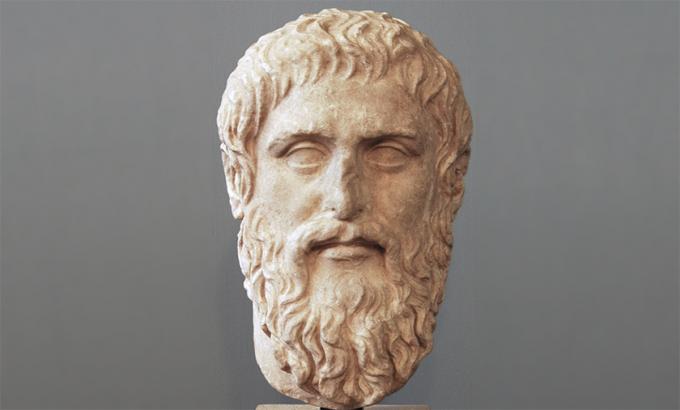Utilitarianism is a philosophical theory that seeks to understand the foundations of ethics and morals from the consequences of actions.
In this case, utilitarianism consists of the idea that an action can only be considered morally correct if its consequences promote collective well-being. If the result of the action is negative for the majority, it is classified as morally reprehensible.
From this reasoning, utilitarianism presents itself opposite to selfishness, as the consequences of actions must be focused on the happiness of a group and not on particular interests and individual.
The utilitarian theory was defended, as an ethical doctrine, mainly by the English philosophers and economists John Stuart Mill and Jeremy Bentham, during the 18th and 19th centuries. However, the utilitarian thought was already explored since ancient Greece, mainly through the Greek philosopher Epicurus.
Because it is based on consequences, utilitarianism does not take into account the agent's motives (whether it is good or bad), since the actions of an agent that are seen as negative can trigger positive consequences and vice versa.
There are some debates about whether utilitarianism should only cover consequences that are directly linked to human beings or all sentient beings, that is, who have the ability to feel pain and pleasure, like some animals, for example.
The principles of utilitarian thinking are applied in various areas of life in society, such as the political system, justice, economy, laws and so on.
the main basic principles of utilitarianism they are:
- Principle of well-being: the aim of moral action must be well-being at all levels (intellectual, physical and moral).
- Consequentialism: the morality of actions is judged by the consequences they generate.
- Aggregation principle: takes into account the majority of individuals, discarding or “sacrificing” the “minorities” that did not benefit in the same way as the majority. This “sacrificial” content is often questioned by opponents of utilitarianism.
- Optimization principle: the maximization of well-being is interpreted as a duty.
- Impartiality and universalism: there is no distinction between the suffering or happiness of individuals, all being equal under utilitarianism.
There are several theories and lines of thought that criticize the principles of utilitarianism. The concept of "Categorical Imperative" developed by the German philosopher Immanuel Kant, for example, questions the ability of utilitarianism not to be linked to a selfish attitude, as all actions and consequences generated would be dependent on inclinations personal.
See also the difference between ethics and morals and categorical imperative.


